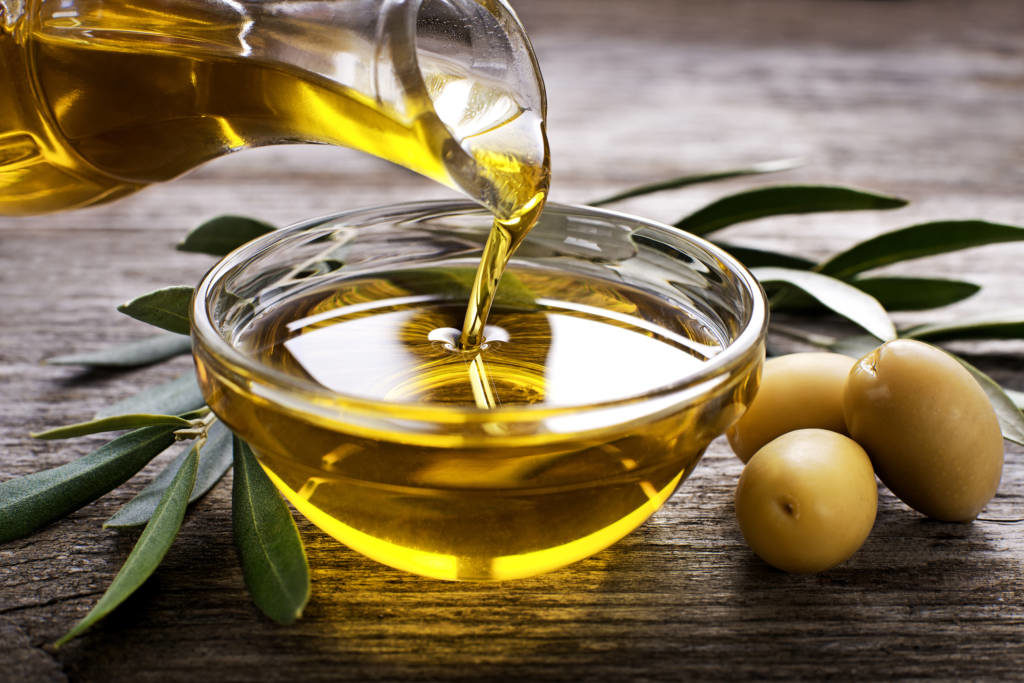Olive oil is popular for culinary use, the release notes, and serves a variety of uses in supplements—as a carrier oil for fat-soluble vitamins and saw palmetto berry extract, and as a dietary ingredient alone or in combination with fish, flax, borage, and other oils to supply balanced fatty acids. It’s also popular in topical creams and lotions.
Olive oil adulteration is frequently listed among the most common food frauds worldwide, the release adds; in 2014The New York Timespublished an online slide show of infographics explaining the problem. Adulteration of olive oil includes mainly substitution with lower-cost vegetable oils or lower-grade olive oil, and inaccurate country-of-origin labeling.
Related: Making Mediterranean a Lifestyle ABC: True Lavender Adopted by National Association for Holistic Aromatherapy ABC, SHP Welcome 16 Inaugural Members of New Advisory Group
The new bulletin was written by Rodney J. Mailer, Ph.D., an expert in vegetable oil production and analysis and former head of the New South Wales Department of Primary Industries’ edible oil research program in Wagga Wagga, NSW, Australia, and Stefan Gafner, Ph.D., Chief Science Officer at the American Botanical Council (ABC) and the Technical Director of BAPP. It defines the various olive oil grades, lists known adulterants, summarizes current analytical approaches to adulterant detection, and provides information on the supply chain, pricing, and market importance of olive oil. The bulletin was reviewed by 14 experts from the nonprofit research sector, consulting businesses, contract analytical laboratories, and the vegetable oil, dietary supplement, and cosmetic industries in the United States and other countries.Gafner said in the release: “While the adulteration of olive oil has been widely known for many years, we were initially uncertain whether to embark on writing an olive oil bulletin, since it is not normally considered a primary dietary ingredient in the dietary supplement industry. However, due to olive oil’s widespread use as an excipient in the dietary supplement industry and as a significant ingredient in the cosmetic and personal care industries, and its high frequency of adulteration, we concluded that this document will benefit many industry members, and eventually, hopefully, consumers.”
Mark Blumenthal, Founder and Executive Director of ABC and BAPP, added: “It is important to realize that the scope of BAPP, as well as ABC and our partners at the American Herbal Pharmacopoeia (AHP) and the National Center for Natural Products Research at the University of Mississippi (NCNPR), goes beyond the use of botanical ingredients in dietary supplements. We research and publish on botanicals and botanical ingredients used in conventional foods cosmetics, and even pharmaceutical drugs. Seen from this purview, the widespread adulteration of olive oil, a historically noted practice in commerce, is a long overdue subject for BAPP’s research and publications.”
The bulletin is the 20thpublication in the series of BAPBs and the 56thpeer-reviewed publication of BAPP. BAPP is also producing a Laboratory Guidance Document that will review and evaluate laboratory analytical methods to authenticate olive oil. The BAPB isavailable for free here.










